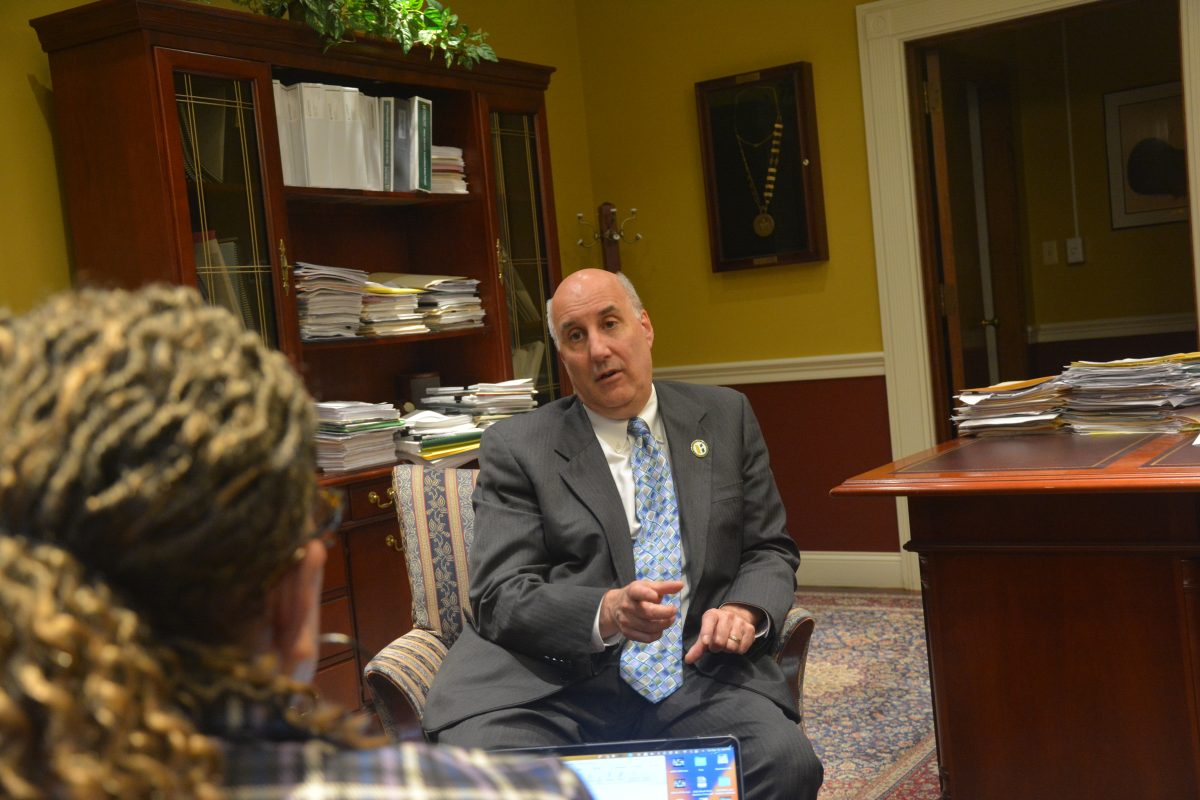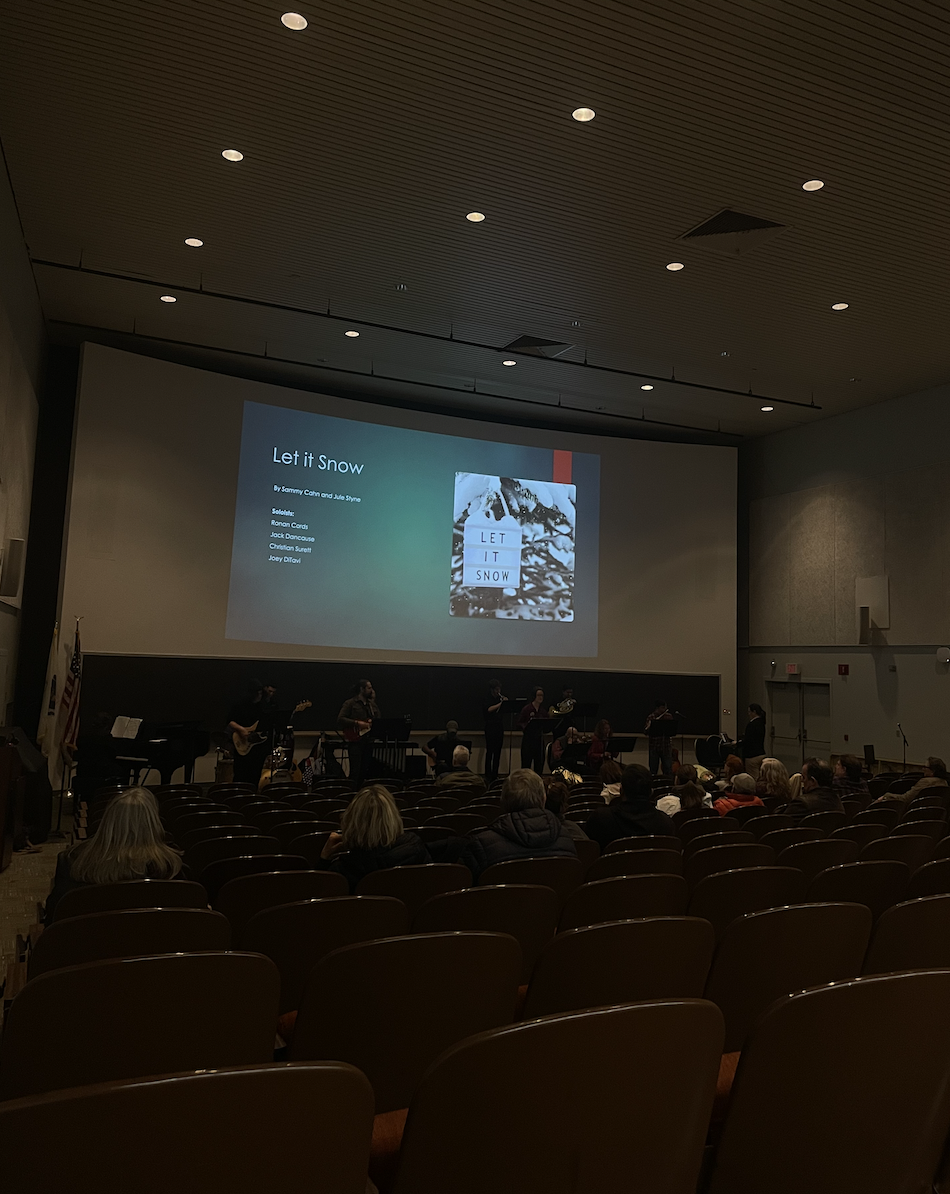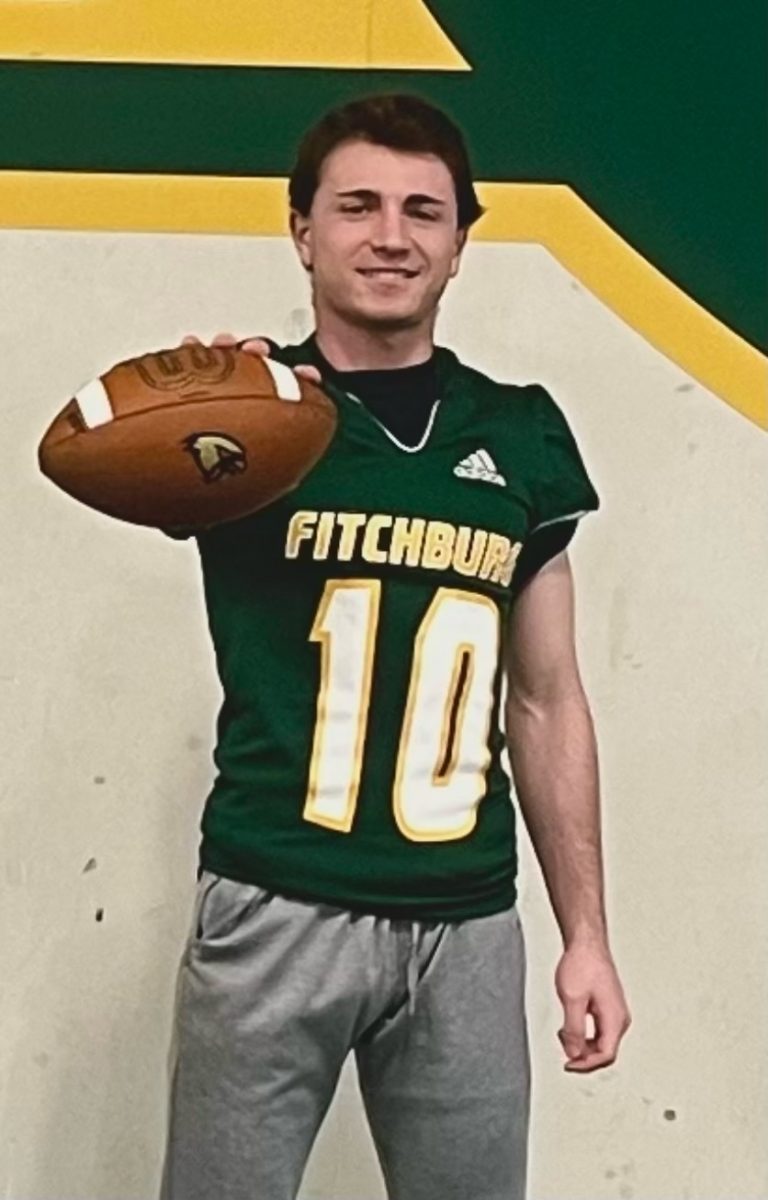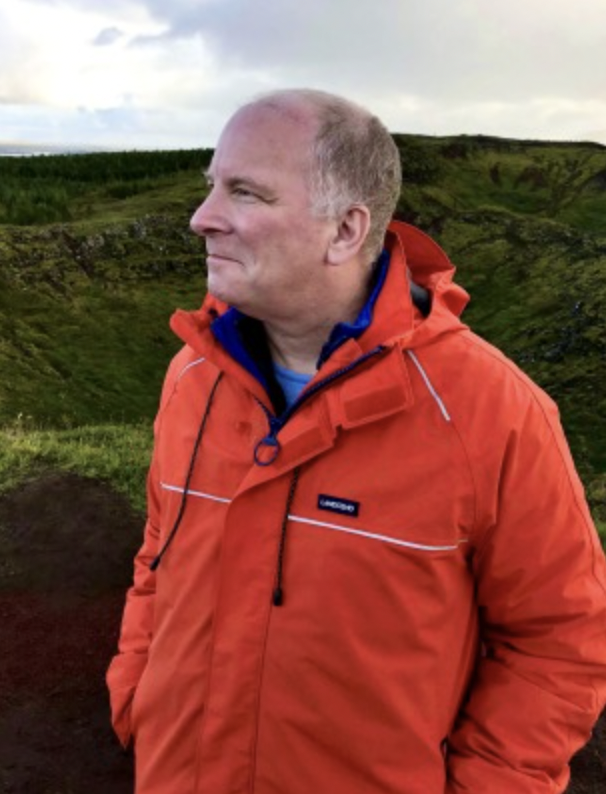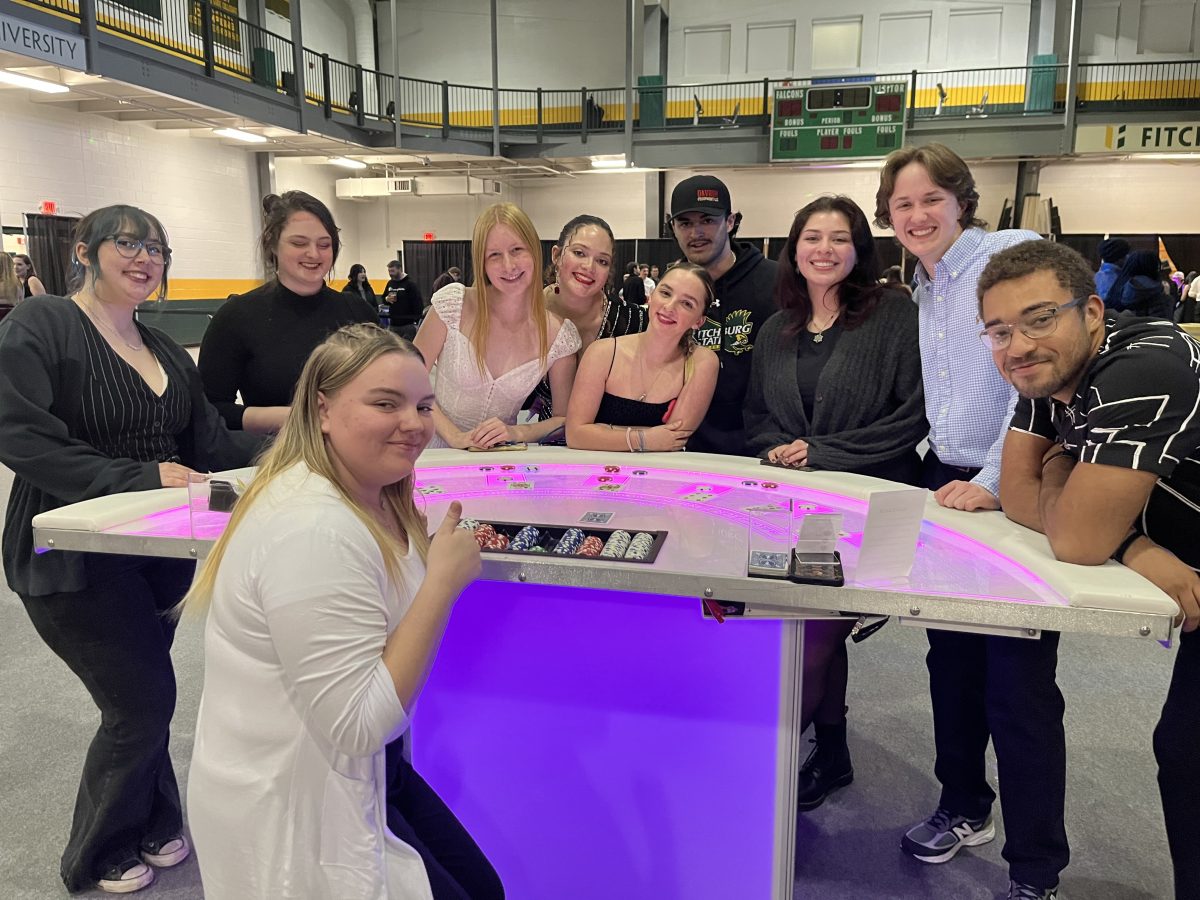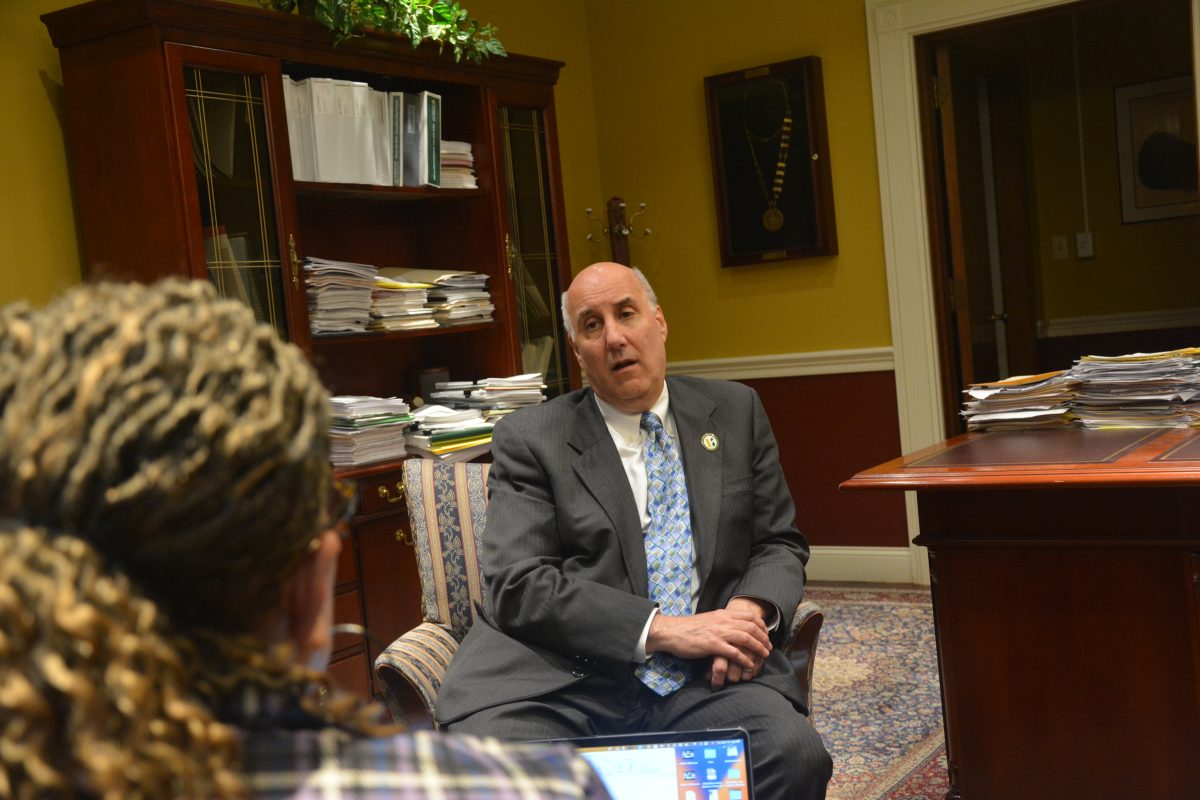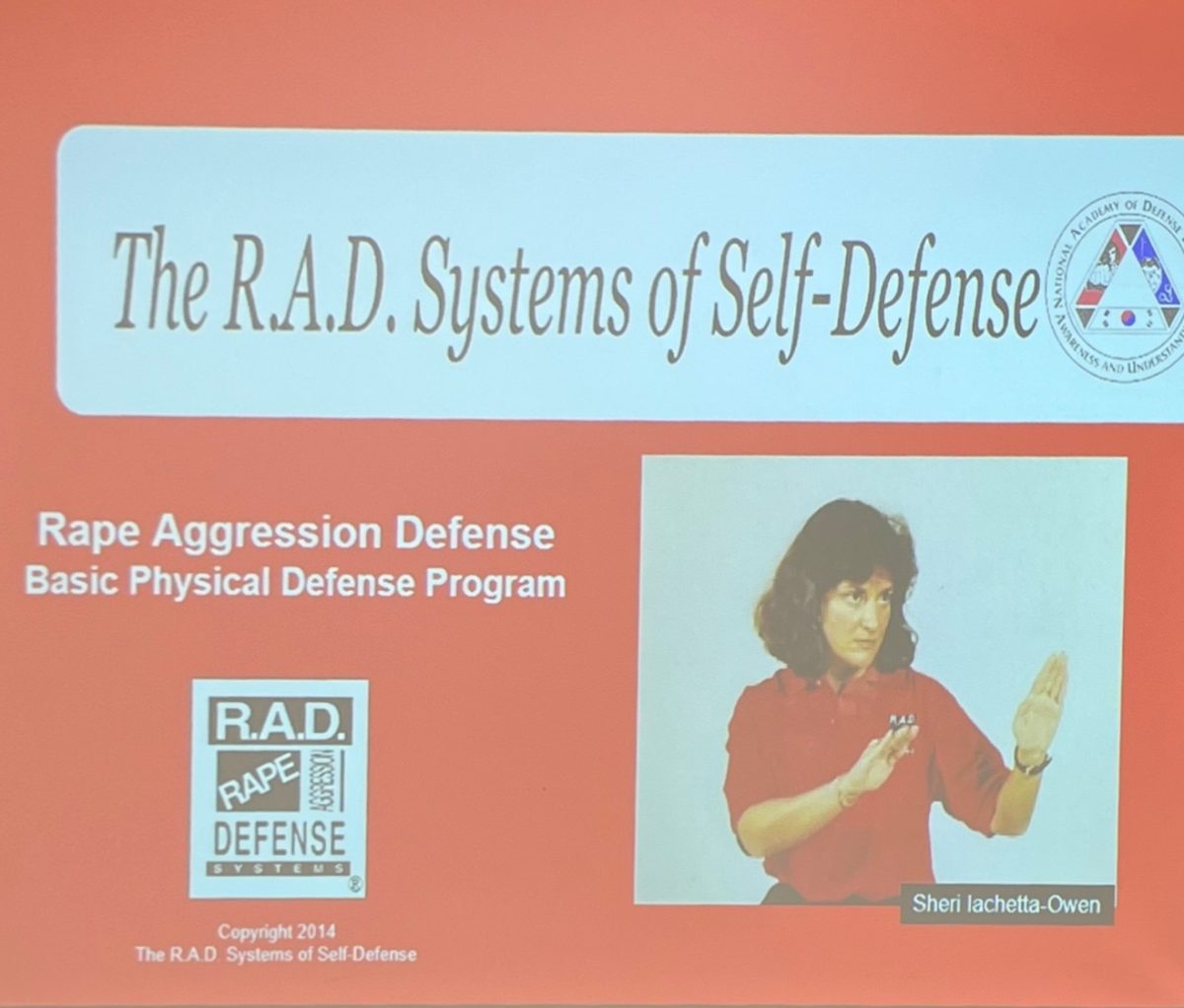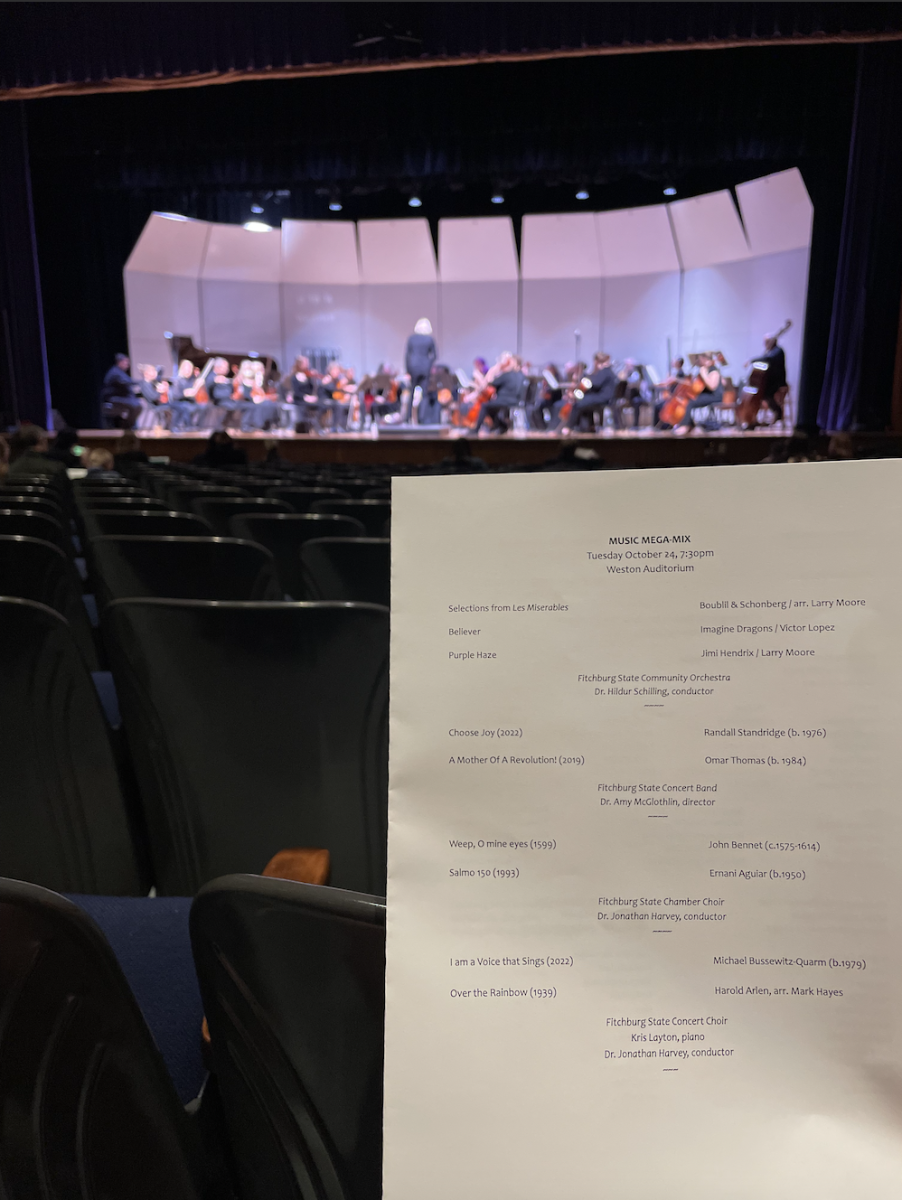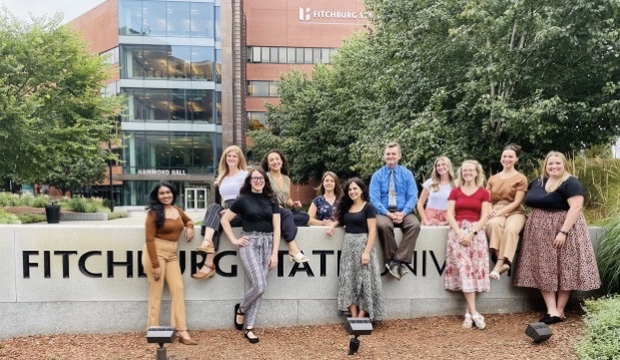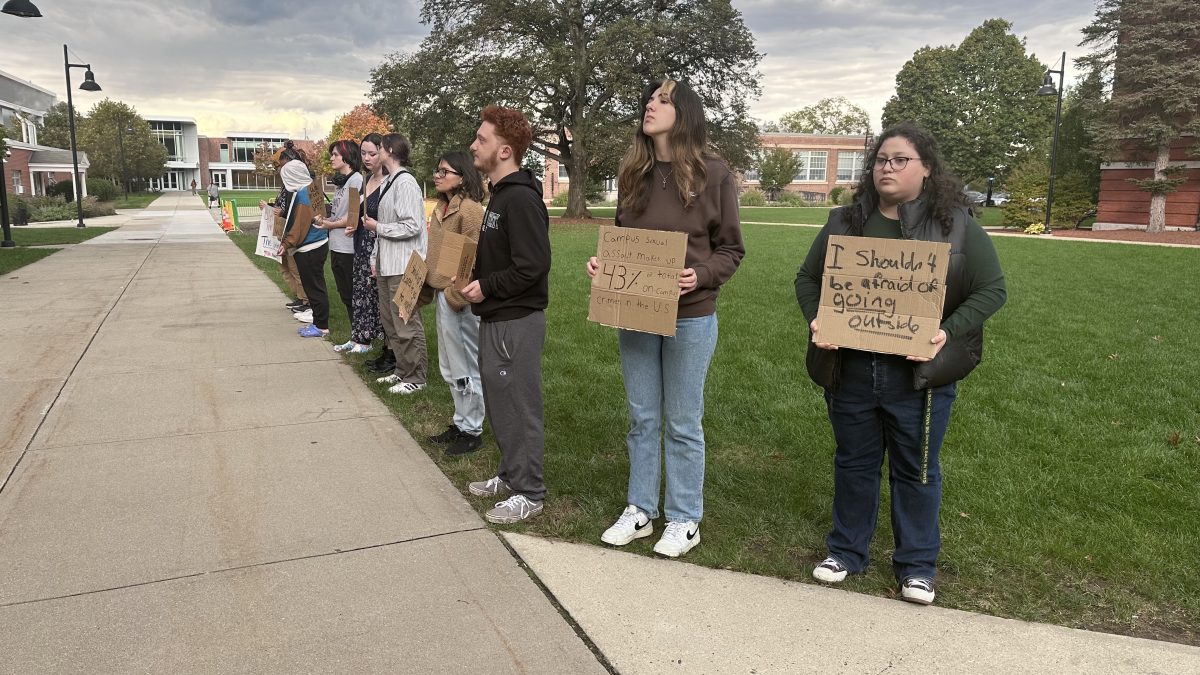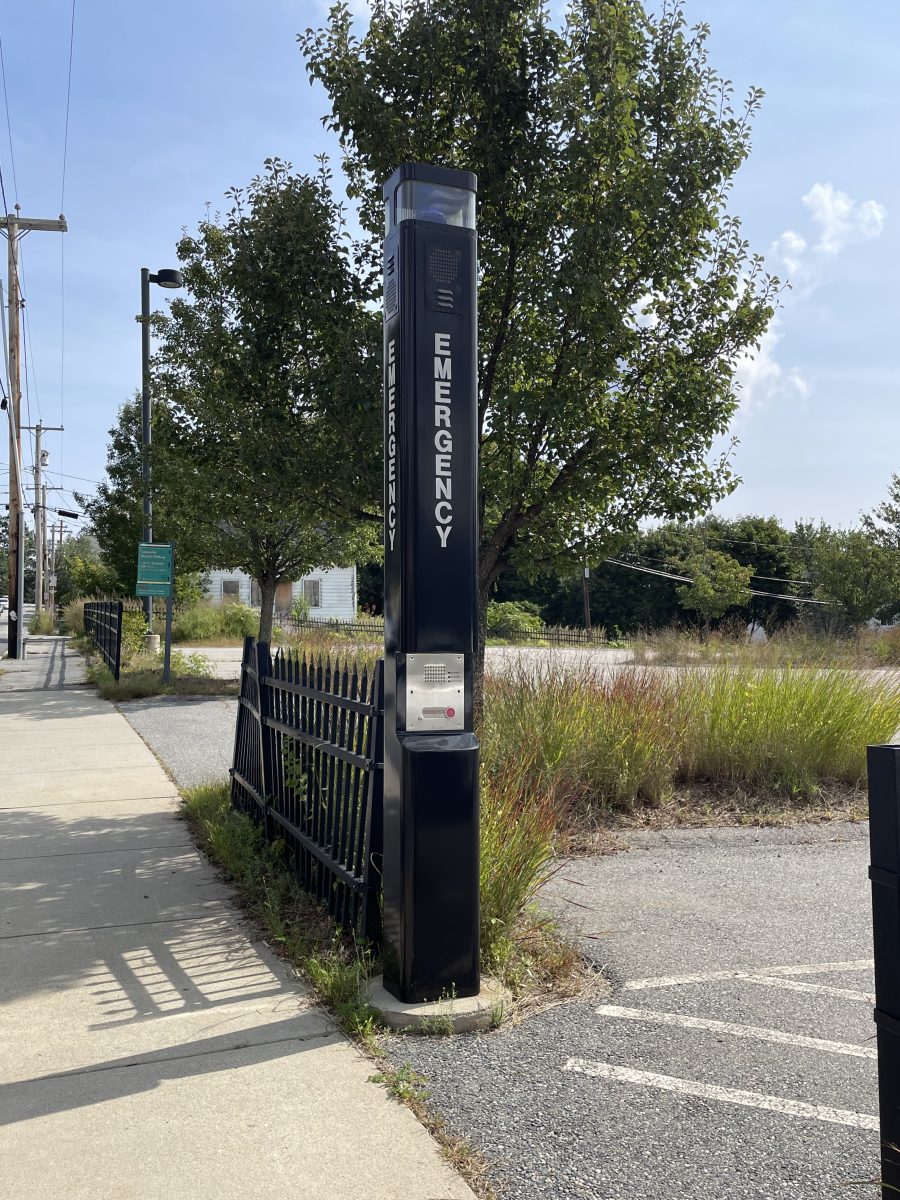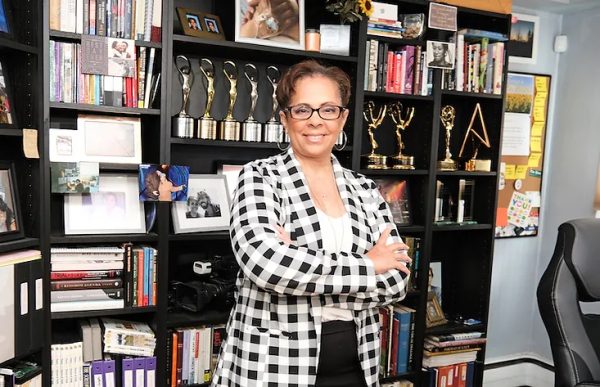For six decades, Affirmative Action has played an essential role in diversifying college campuses. However, this came to an end this past June when the historic decision effectively ended the use of affirmative action as a factor in college admissions.
Affirmative Action was signed as an executive order by President Lyndon B. Johnson in 1965 and later established in the Civil Rights Act of 1964, prohibiting discrimination on the basis of race, color, religion, sex, or national origin. Fifty-eight years later, a vote of 6-3 ruled that the admissions programs used by the University of North Carolina and Harvard College – the defendants in this case, “violated the Constitution’s equal protection clause, which bars racial discrimination by government entities” according to the SCOTUS blog.
Harvard University, a defendant in this ruling, “remains committed to a campus that reflects experiences from all backgrounds,” says President-elect Claudine Gay, its first African American president, and adds that “while complying with the Court’s decision will necessitate changes to the way the University pursues diversity, Harvard’s commitment to that work remains steadfast.” Supreme Court Justice Clarence Thomas in his opinion wrote in part, “…the universities’ admissions policies for what they are: rudderless, race-based preferences. … Those policies fly in the face of our colorblind Constitution.” Whether we are a colorblind society is up for debate. Dr. Rachelle Dermer, Assistant Professor of Film in the Communications Department at Fitchburg State University says we have a long journey ahead.
Dr. Rachelle Dermer states, “We need to stop thinking that everyone is white and straight and wants 2.5 kids and that has the same experience, same child. I want to expand people’s thinking in terms of what is, quote, unquote, normal. There are so many experiences in the world besides what you think is a normal experience, like with a mom and a dad and dinner at five every day that doesn’t even exist. But somehow, we still kind of think that that is the ideal and it’s ridiculous.” Dr. Richard Lapidus, President of FSU, while not surprised by the court’s decision, acknowledges there’s still more that FSU can do to celebrate diversity on campus. “Immediately after the ruling, we released a statement reinforcing our commitment to diversity. It’s more important than ever to maintain a diverse population in higher education and it’s necessary for the success of all students,” Lapidus explains.
In Dr. Lapidus’ statement released on the day of the ruling, it stated in part “Fitchburg State University has long welcomed students regardless of their race, national origin, citizenship or immigration status.” While colleges can still consider race for an individual applicant, they cannot use percentages or set quotas to arrive at a predetermined result.“We have worked hard at providing other opportunities for students here at Fitchburg State University and beyond with our Dual Enrollment program, which provides opportunities for high school students to earn academic credit at both their high school and at FSU simultaneously. We also established our Leading for Change initiative, which works on a university-level with a goal towards diversity, equity, and inclusion.” (Lapidus)
President Lapidus has followed the leadership of the state’s Department of Higher Education’s Commissioner Noe Ortegaand Governor Maura Healey. “We will continue to break down barriers to higher education so that all students see themselves represented in both our public and private campus communities,” the Governor stated. “Massachusetts, the home of the first public school and first university, will lead the way in championing access, equity, and inclusion in education.”
Back on campus, the work begins in the classroom, says Dr. DeMisty Bellinger-Delfeld, Associate Professor of English. “I want students to see themselves reflected in the work. When we go out into the world, when we have our careers or our lives outside of when we graduate from school, we are going to meet people who look differently, and think a lot differently than we do. And if we are going to enter a global economy, we must respect the world around us.”
“I try to do my little part,” says Dr. Dermer. “I try to pay more attention to the people that don’t fit like the people that do. I want to hear the most enriching thing in the world and that is accomplished by listening to people that are not like me and learning from them and understanding them.” While most students had no idea about the ruling or its significance on campus, the importance of diversity and what it means at Fitchburg State is beginning at the top.
“Diversity means everything,” President Lapidus adds. “It’s one’s culture, religion, and how one defines oneself.”
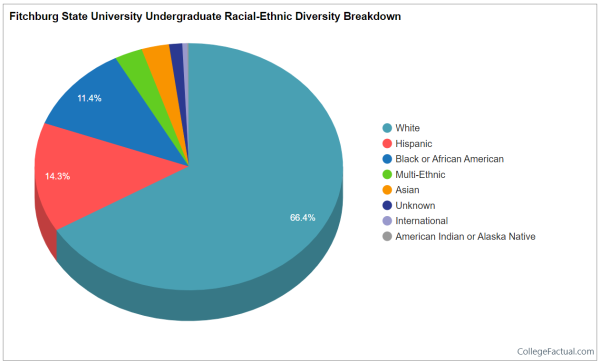
For Dr. Delfeld and Dr. Dermer, diversity begins with the basics. “Inclusion should be a part of the discussion. It’s great to invite people of color to teach or attend your institutions, but the important thing I think is to make them feel at home,” Dr. Delfeld adds. “That’s true diversity to me.” Dr. Dermer believes to reflect the diversity of the students and have them see themselves in positions of power, the university must have a diverse enough faculty to do so.
“I try to encourage people to look at multiple perspectives within my classroom. I try to show films that have Black, Latino, nonwhite characters, non-straight characters, non-cisgender characters, and talk about those things. Talk about those perspectives, bring up issues when I can in classes,” Dr. Dermer explains. “Diversity means difference, but difference that is celebrated. So, everybody’s story matters, everybody’s experience matters, and everyone should have a seat at the table and should be empowered to speak their truth.”


